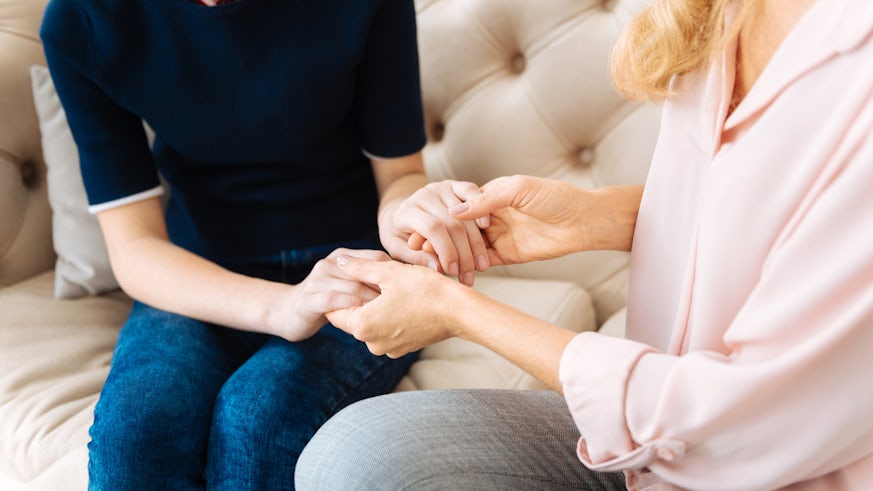Poorer sexual health outcomes for young people in care
31 May 2018

Young people in foster care in Wales experience poorer sexual health outcomes, research at Cardiff University has found.
Dr Louise Roberts, based in the School of Social Sciences, led on the research paper, which was a collaboration between the Centre for the Development and Evaluation of Complex Interventions for Public Health Improvement (DECIPHer) and the Children’s Social Care Research and Development Centre (CASCADE).
Data previously collected from Wales’s School Health Research Network Survey was analysed. The survey, which more than 35,000 young people in Wales took part in, revealed people in foster care were significantly more likely to report ever having had sexual intercourse, and to report an earlier age of intercourse.
At last intercourse, they were also three times more likely to report not using a condom and significantly less likely to have used the contraceptive pill.
A higher proportion of young people in foster care also admitted to having sent a sexually explicit image of themselves, or having a sexually explicit image of themselves forwarded without their consent, compared to young people who had other types of living arrangements.
As well as considering the experiences of young people, researchers also conducted 22 interviews with social care professionals across all local authorities in Wales.
Those who took part expressed some confidence in the state care system to identify and respond to young people’s sexual needs. But, the effectiveness of the system was perceived to be undermined by insufficient resources and limited professional capacity, affected by funding cuts and austerity measures.
Professionals also highlighted concerns about seeking to pre-empt risks in respect of sexual health and unplanned pregnancy, while at the same time wishing to avoid prompting, encouraging or condoning early onset of sexual activity.
They also emphasised the influence of young people’s experiences before and during state care in the choices they made. For some, the pursuit of love, family relationships or belonging were seen as powerful influences over behaviour, regardless of the provision of sexual health advice.
Dr Roberts, Research Associate in the Children’s Social Care Research and Development Centre (CASCADE), said: “The findings provide valuable evidence of poorer sexual health outcomes for young people in care in Wales. They warrant renewed policy and practice attention to ensure young people are effectively supported in this area. We suggest that efforts to address this disadvantage should be undertaken ‘with’ rather than ‘for’ young people in care and should recognise emotional as well as practical needs.”
'Sexual health outcomes for young people in state care: Cross-sectional analysis of a national survey and views of social care professionals in Wales' is available here.
Share this story
The School is an internationally recognised centre of high quality teaching and research.



